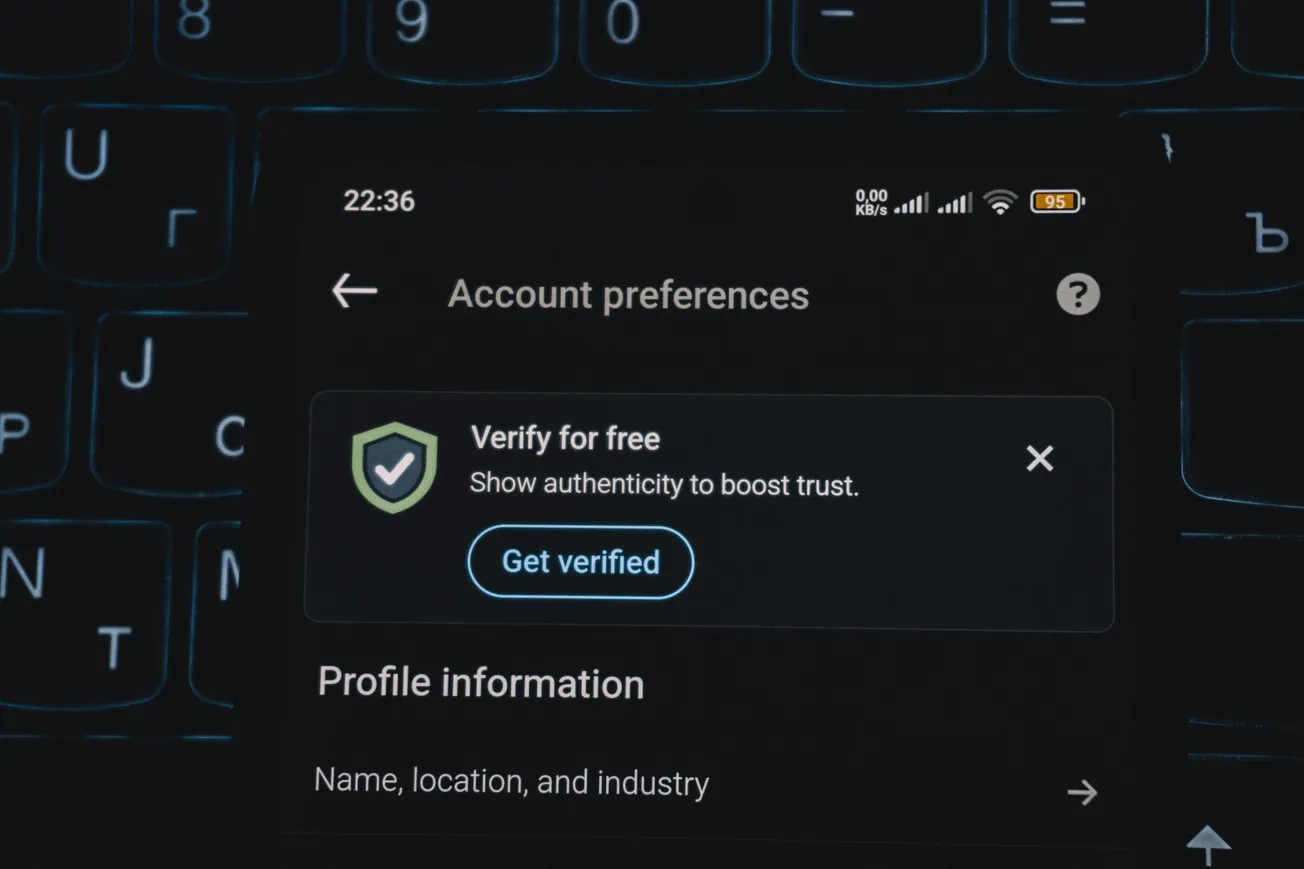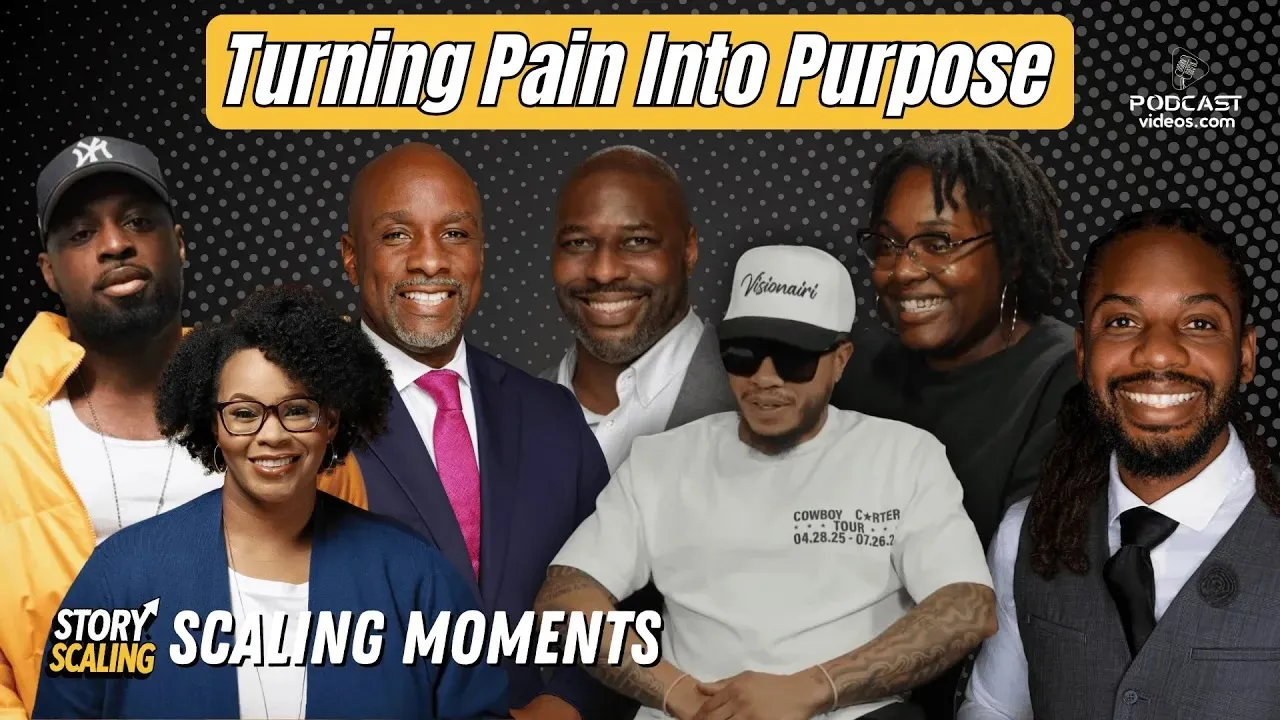In a media environment where creators are under pressure to post quickly, a startling 62 % of digital content creators admit they do not rigorously fact‑check information before sharing it.
Whether you’re producing a YouTube video, writing a blog post, or crafting a social‑media update, the principle remains the same: verifying content before publishing is non‑negotiable.
Why it matters for all creators
Today’s audiences are savvy and expect accuracy. Sharing incorrect facts, misattributed quotes, or misleading visuals can undermine your trust‑worthiness, reduce engagement, and damage your brand.
Plus, content that lacks credibility can be flagged or down‑ranked by platform algorithms, limiting reach and impact. Verifying content isn’t just a best practice—it’s essential for sustaining authority and protecting your reputation.
How to verify your content
Begin with credible, original sources. Avoid relying solely on viral tweets, reposted statistics, or unverified headlines. Instead, trace claims back to primary sources—official publications, public records, expert statements.
Use OSINT (Open Source Intelligence) tools: For example, Google Reverse Image Search can help you discover if an image has been mis‑attributed or used previously.
Platforms like Pipl or Spokeo can assist with identity verification when you’re referencing someone’s story or quote.
For quotes or data, double‑check the original author, date, and context. If you used generative or AI tools to draft content, manually verify any factual claims before publishing.
Stay accountable
Keep clear documentation of your verification process—screenshots, links, notes on where you gathered and checked information. This not only supports transparency but helps you correct or update content if needed. Being open about your fact‑checking process strengthens your audience’s trust.
Taking time to verify content shows respect—for your topic, your audience, and your own brand. Whether you’re a creator, marketer, educator, or business communicator, accuracy builds trust, enhances your message, and strengthens your content longevity.










